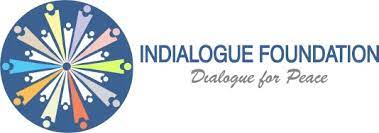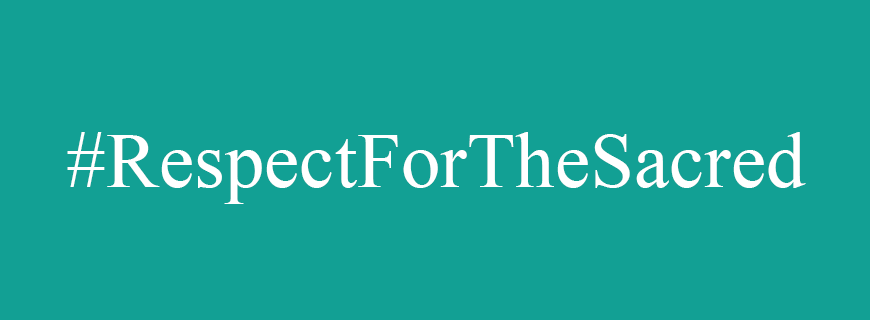By Nurdin Kaparov,
On 7th January the world community witnessed another horrible terror attack in Paris which by some analysts described as “9/11 of France”. Two masked man stormed the head-office of the satirical magazine Charlie Hebdo and opened fire on staff members, 12 people were killed and 5 were wounded in the shooting. Strong voices condemning the terror attack were heard all over. On 11th January more than 40 leaders of the Wold met at Paris to join the national solidarity march with French people. “Je suis Charlie” (I am Charlie) became a slogan at rallies and trend in social media.
The assailants were identified as two Muslim French nationals and were revealed that they had strong connection with terror outfits. Motive of the attack is believed to be a “revenge for the honour”. The Charlie Hebdo earlier attracted attention after illustrating Prophet Muhammad (peace be upon him) in a caricature. In Islam bringing physical illustration of Prophet (pbuh) considered to be an insult and such gesture hurts religious sentiments of Muslims World over. There is no justification for terror what could has been the circumstances, as killing innocent person considered to have killed entire humankind in Islam. Even humiliating acts under pretext of Freedom of Expression as this, should be challenged through ideas – not through violence, cruelty or terrorism.
On 14th January the Charlie Hebdo issued its latest edition in six languages by depicting Prophet (pbuh) in cover page. The Editorial team stated that this is a gesture to stand by Freedom of Expression unless their sacrifice will remain void. The demand for usual 60,000 edition skyrocketed and more than 3 million copies were sold not only in France but also in major metropolitan in abroad. As a symbolic sympathy towards the incident the public opted to have a copy, the rush was witnessed at newsstands.
Freedom of Expression is an essential element in democratic process hence “Respect for the Sacred” also should be given thorough care. Nonetheless the further polarization and widening of gulf among followers of different religions are unavoidable. It also should be questioned are these cartoonists aware of the true nature of Sacred aspects in Islam, are they aware how heartening it is, would they have depicted Prophet (pbuh) if they have known what could be the outcomes? Do intellectuals and general public are aware of Sacred aspects of World Religions? Qur’an urges Muslims not to insult Deities of other Religions as in retaliation Muslims also may face similar circumstances; hence it is duty upon Muslim to be exemplary individuals in this subject.
Fethullah Gulen a renowned Turkish Muslim is one of the strong voices condemning the terror. He has harshly condemned ISIS and his message appeared as an advertisement in leading newspapers. He has also denounced incident in Paris that appeared at Allaince for Shared Values circular. Gulen in his video speech broadcasted on 15th January shared opinion on “Respect for the Sacred” and “Condemning the Terror”. He suggested conferences on “Respect for the Sacred” to be organized at international conventions. He stated that in any Religion there is no doctrine to curse the sacred values of other religions. He further counted sacred texts as Vedas, Upanishads, Bible and brought notice that “cursing the sacred” cannot be found in this Holy Books.
How as a citizen we can contribute toward #RespectForTheSacred, what could be done, and how awareness can be created?
1. Campaign: Initially this cause can be taken forward as a Campaign. Like #SaveWater the #RespectForTheSacred can be slogan in social media and public, academic and social gatherings.
2. Democracy: As we stand for democracy and for its pillars as rule of law, fundamental human rights, freedom of expression, freedom of religion, linguistic rights, right for education; in same way #RespectForTheSacred also can be classified as one of the democratic attribute. As democratic rights are limited at the line of respecting others rights, in the same way freedom of expression can be brought under red lines of #RespectForTheSacred.
3. Resolution: It is not right to accept all subjects related to religion as sacred, hence due resolution should be brought to categories what are notable Sacred aspects and what how Respect should not be violated in each World Religions?
4. Conferences: Academic conferences, seminars, panel discussions, workshops can be organized to bring deliberation and research papers on the subject to enable more knowledge and expertise to be spread.
5. Discussions: The subject can be discussed at international conventions and at international organizations as UN, EU, IOC, etc.
6. Conventions: Gulen on his article in 2013 in same subject has mentioned “How I wish an international agreement on respecting the sacred could be maintained!” Parties on the subject can agree upon a resolution, agreements, treaty or declarations to be signed and agreed under protocols and conventions.
7. Interfaith: Unless you do respect you cannot expect the respect, hence the Interfaith Dialogue is one of the essential values and endeavours that creates aura of accepting each other “as he/she is” is one of the fundamental principles of interfaith dialogue. The person who acknowledges interfaith at the same time commits to pursue #RespectForTheSacred. Interfaith meeting on related subjects could be a good idea.
8. Resources: Resource materials can be developed as books, circulars, articles, etc by experts by giving special focus for each World Religions and essence of #RespectForTheSacred. These resources can be used by wide public for awareness and sensitization.
9. Courses: Special courses as training programs, certificate workshops, summer programs, short term courses and even online courses can be developed to teach #RespectForTheSacred.
10. Education: It can be brought as a topic in one day class at one of social science subjects and included in the school text books. Moreover it can take its place in Peace Education.

